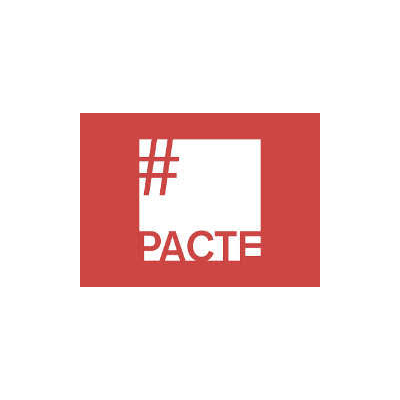

On April 11, 2019, the Law “for the growth and transformation of enterprises” (PACTE Law) was adopted by the French Parliament.
With regard to commercial companies’ requirement to appoint a statutory auditor, three major considerations deserve attention:
1/ The thresholds that trigger the requirement for commercial companies to appoint a statutory auditor have changed
The PACTE Law specifies and standardizes the thresholds beyond which the appointment of a tatutory uditor is mandatory for all commercial companies.
Article 20 of the PACTE Law provides that commercial companies (which include SA, SCA, SAS, SAS, SARL, SNC, SCS) are required to appoint a statutory auditor if they exceed two out of three thresholds which will be defined in a forthcoming French decree and are expected to be modelled on the European thresholds for statutory audits, i.e.:
4 million Euro in gross assets (at the close of the financial year)
8 million Euro in turnover (at the close of the financial year)
50 employees (average number of employees during the financial year)
2/ The adoption of thresholds that trigger the requirement to appoint a statutory auditor for commercial companies that control or are controlled by other companies
For any parent company, within the meaning of Article L. 233-3 of the French Commercial Code, the obligation to appoint a statutory auditor is stipulated when the group it forms with the company or companies it controls exceeds the thresholds set forth in the reform applicable to all commercial companies (see 1, above).
For subsidiaries held directly or indirectly by one of the companies mentioned above, the obligation to appoint a statutory auditor is required for any “significant” subsidiary, i.e., one that exceeds thresholds that will be set by decree on the basis of three criteria: gross assets, turnover excluding tax or average number of employees employed during the financial year.
3/ The reform comes into effect beginning in 2019
The National Assembly rejected the three-year transitional period put forward by the Senate and stipulated that the measure would become effective as from the first financial year following the publication of the forthcoming decree on increased audit thresholds and by September 1, 2019 at the latest.
With regard to the statutory auditors’ terms of office which expire after the Annual Shareholders’ Meeting or the relevant body approving the financial statements for the sixth financial year, for financial years ending on or after 31 December 2018, companies will be exempt from the obligation to appoint a statutory auditor provided that:
– the sixth financial year closed no more than six months before the decree on thresholds became effective;
– at the time of the current financial year-end, the company has not exceeded two of the three future thresholds;
– the Shareholder Meeting and appointment of a statutory auditor will not have taken place before Article 20 comes into effect (on or before 1 September 2019).
An exception has been granted to overseas departments where the effective date of the reform has been postponed until 2021.
If the current terms of office of the statutory auditors are not immediately affected by the reform and continue until they expire – with the exception of early resignations – companies that approve the term of office of their statutory auditors after the entry into force of Article 20 of the PACTE Law and the decree on thresholds may apply the new thresholds in order to determine whether or not they should renew or appoint a statutory auditor.





